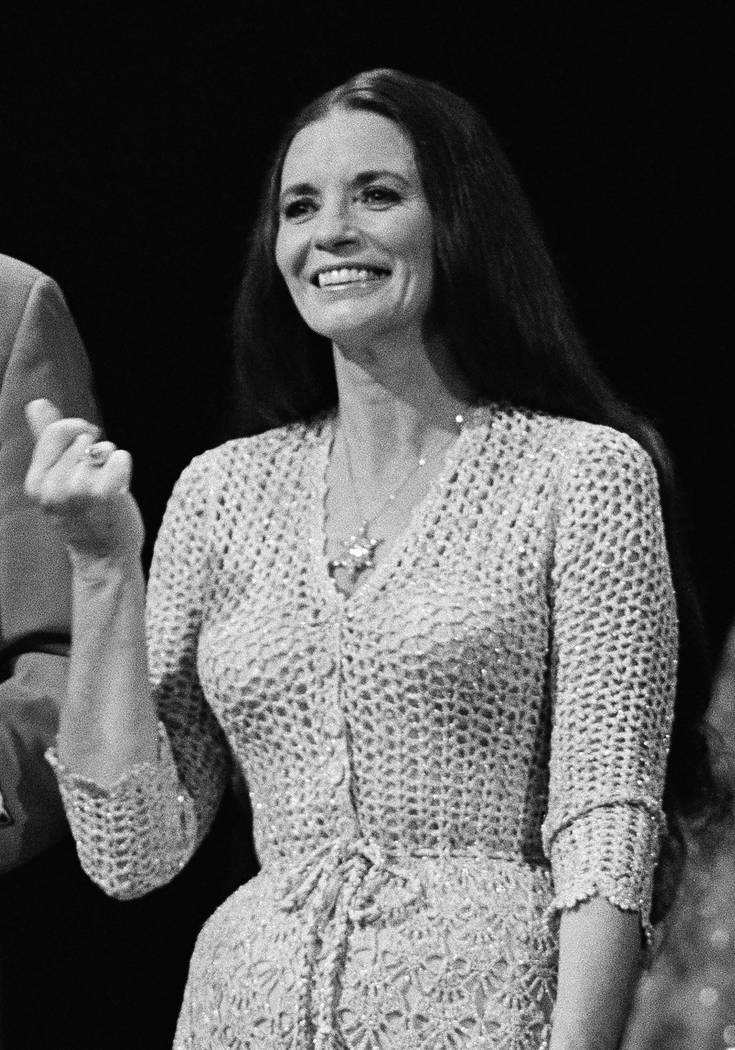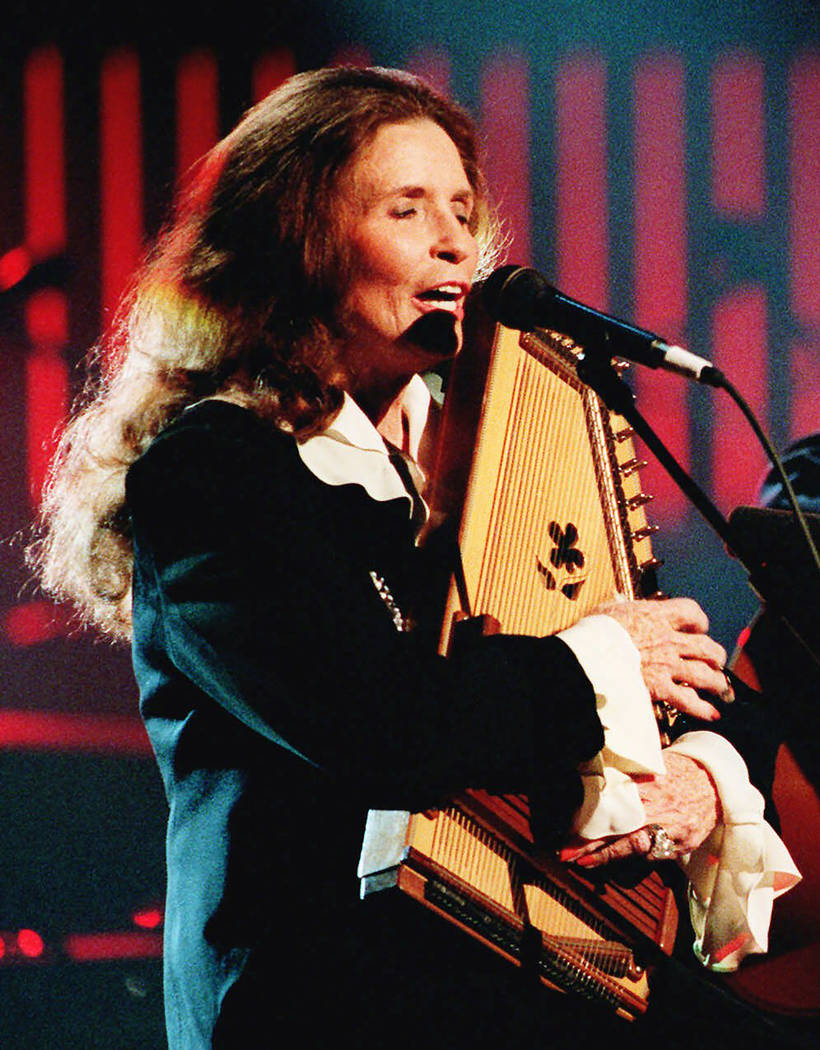‘Woman Walk the Line’ testifies to women’s impact in country music
She was never going to be one of those girls.
She knew it.
Amy Elizabeth McCarthy grew up in a small east Texas town — you could call it Podunk. She does.
There, McCarthy writes, “It’s your responsibility to be blond, get married, bear children.”
But McCarthy wasn’t into the whole ziplocking-yourself-into-Wrangler-jeans-and-cooking-a-cowboy-his-dinner-every-night thing.
So she took a left turn off that beaten path, a no-nonsense Canadian tomboy serving as her compass.
“I dressed weird, I said too much and I listened to too much Terri Clark,” McCarthy relates in “Woman Walk the Line,” a series of essays from various female writers, musicians and other creative types about the female country musicians who have most influenced their lives.
In her contribution to the book, the defiant, galvanized “Better Things to Do,” McCarthy speaks of how Clark and her 2003 single “I Just Wanna Be Mad” helped her embrace her square-peg identity as a young woman.
“In that song, I truly heard myself represented on the radio for the first time,” writes the journalist and music critic, whose credits range from Playboy to Pitchfork.
“I’ve firmly staked my place as a ballsy and bona fide country girl in too many ways to count,” she adds, “and that has everything to do with Terri Clark. I know now that my voice is powerful and worthy of being heard, whether or not it is as polished or pretty as the voices of those other girls. We’re both outsiders, Terri and I.”
When a song becomes more than a song
There are so many ways that music can serve as a vehicle for self-anointed outsiders such as McCarthy to feel comfortable in their own skin — often for the first time — a number of which are recounted in this emotionally resonant collection.
There is transgender writer Deborah Sprague speaking about how watching Rosanne Cash step from her father’s shadow abetted her emancipation from the expectations placed upon her.
There is music business veteran Kelly McCartney sharing how k.d. lang helped her come to terms with her own sexuality.
“Seeing k.d. stand so gloriously for her truths inspired me to find and live my own,” she writes.
The range here is diverse: Millennial critic Madison Vain eloquently shares how Loretta Lynn’s “The Pill,” her once-scandalous ode to female sexual liberation, continues to impact women decades later. “Woman Walk the Line” editor Holly Gleason recounts how, back in the day, Tanya Tucker scrambled the rubric of what it meant to be country and a woman in control in the same steamy breath.
“Music does things to us — all of us,” says Gleason, a longtime journalist and artist development consultant. “It can change your life. It can get you through something hard.”
Gleason teaches a course on music criticism at Middle Tennessee State University, which directly informs this book.
“It’s an interesting kind of fuel,” she explains. “In teaching my students, I feel a real disconnection from what music does, how it works and who you are before and after it.”
“Woman Walk the Line” bridges that disconnection, personally and palpably.
A timely read
As the #MeToo movement has been propelled by myriad women sharing their stories, this book documents the origins of some of the most powerful of those voices.
There is Rosanne Cash’s absolutely beautiful elegy to her stepmother June Carter Cash, delivered at her funeral in 2003, which Gleason attended.
“When I heard her do that, I looked at my boyfriend at the time and said, ‘It’s a shame this dies here,’ because it was just one of those things that said so much about the human heart, so much about love, so much about the things that matter,” Gleason recounts. “I wanted everyone in the world to hear it.”
Then there is Taylor Swift’s tribute to Brenda Lee, penned while a then-18-year-old Swift was sitting on her mother’s bed watching a vintage clip of the golden-voiced singer.
“She blew me away,” Gleason says of Swift, who had yet to achieve superstardom. “Here’s a girl who had a couple of hits, who hadn’t ascended, and yet, she’s curled up on her mother’s bed staring down the barrel of the thing that she wants more than life itself. No other human being in the world could have written that essay for me.”
No other human being probably could have written Kim Ruehl’s ode to Patty Griffin’s 2007 album “Children Running Through,” either.
A former New Yorker who worked at the World Trade Center, Ruehl found herself fleeing for her life on 9/11, and suffering from crippling post-traumatic stress disorder for six years afterward.
It was Griffin’s “You’ll Remember,” from the aforementioned album, that helped provide her breakthrough.
It’s a simple tune, nine lines of lyrics delivered in just over two minutes.
But that’s the beauty of song: Sometimes that’s all it takes.
“ ‘You’ll Remember’ reminded me that life unfolds, that there were more than a few days still ahead,” Ruehl writes.
“That no matter how far I could see, the future was there, waiting.”
Contact Jason Bracelin at jbracelin@reviewjournal.com or 702-383-0476. Follow @JasonBracelin on Twitter.




































